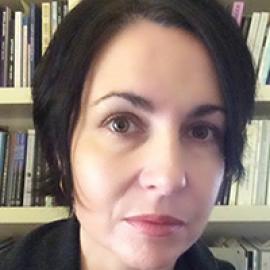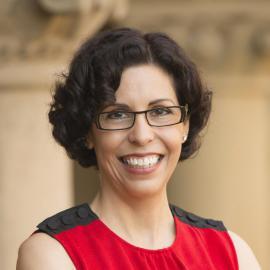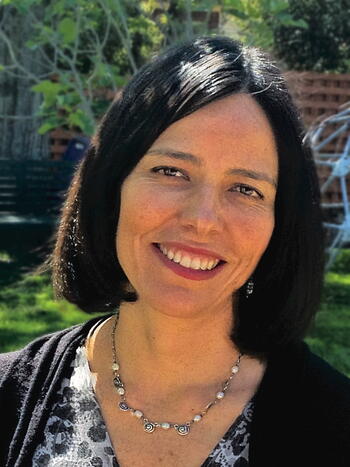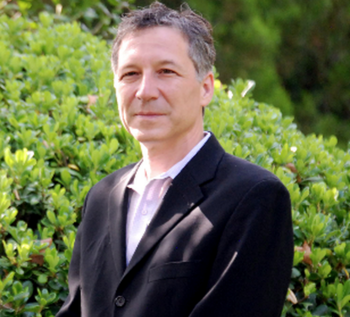What the U.S. Election Means for Both Sides of the Border
What the U.S. Election Means for Both Sides of the Border
Monday, November 28, 20164:00 PM - 5:30 PM (Pacific)
[[{"fid":"224666","view_mode":"crop_870xauto","fields":{"format":"crop_870xauto","field_file_image_description[und][0][value]":"","field_file_image_alt_text[und][0][value]":false,"field_file_image_title_text[und][0][value]":false,"field_credit[und][0][value]":"","field_caption[und][0][value]":"","field_related_image_aspect[und][0][value]":"","thumbnails":"crop_870xauto"},"type":"media","field_deltas":{"1":{"format":"crop_870xauto","field_file_image_description[und][0][value]":"","field_file_image_alt_text[und][0][value]":false,"field_file_image_title_text[und][0][value]":false,"field_credit[und][0][value]":"","field_caption[und][0][value]":"","field_related_image_aspect[und][0][value]":"","thumbnails":"crop_870xauto"}},"link_text":null,"attributes":{"width":"870","class":"media-element file-crop-870xauto","data-delta":"1"}}]]
Faculty from Anthropology, English and Political Science join Stanford students and staff for perspectives on the U.S. election and its implications for Mexico and Latin America, and for the prospects of immigrants living in the U.S.
(TBD) undergraduate (Centro Chicano and Latino Outreach and CORE Coordinator)
Lenica Morales-Valenzuela is a Masters in Latin American Studies student here at the Center of Latin American Studies. Her past research has focused on human rights advocacy for genocide survivors of the Guatemalan Civil War and studying root causes for Central American migration to the United States. Currently, her research is shifting towards issues of constitutionality of indigenous rights in Guatemala and how indigenous populations have been interacting (or not) with the Guatemalan state.
#LatinxsReact
Speakers:

Professor Garcia is currently engaged in research in Mexico City that examines emerging social and discursive worlds related to the dynamics of extreme urban poverty, mental illness and drug addiction in Mexico City, particularly within its peripheral zones.

She was also a founding organizer and coordinating team member of The Future of Minority Studies research project (FMS), an inter-institutional, interdisciplinary, and multigenerational research project facilitating focused and productive discussions about the democratizing role of minority identity and participation in a multicultural society.
 Beatriz Magaloni
Beatriz Magaloni
Moderator(s):

Francisco Preciado, J.D., Executive Director SEIU Local 2007 at Stanford. Francisco has experience working in local and state politics. He has advised California State Assembly Members and State Senators, managed a non-profit, worked as a union organizer, and completed several legal externships. He is a graduate of UC Berkeley School of Law, where he was recognized for his work assisting low-income workers. Francisco has a Masters Degree in Mexican American Studies from San Jose State University, and a dual Bachelors Degree in Political Science and Chicano(a) Studies from Stanford University.

